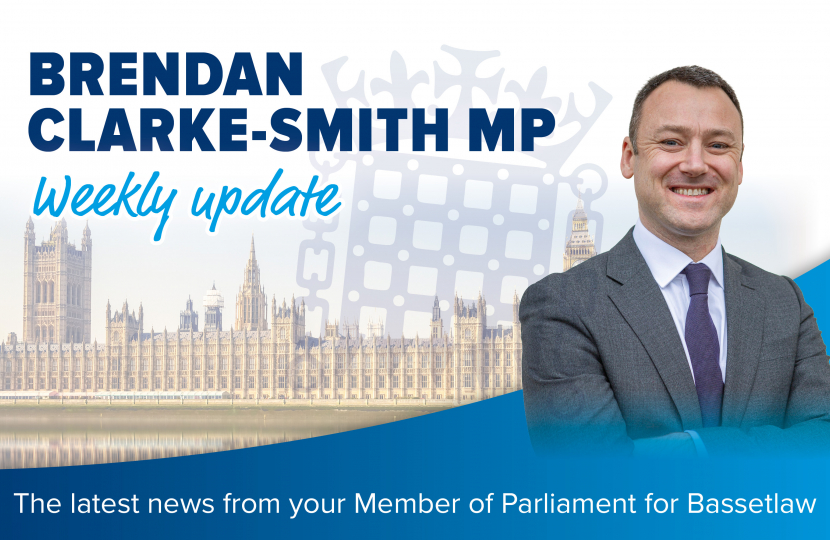
Throughout the pandemic the NHS was focused on treating Covid patients and delivering the fastest booster rollout in Europe to get our children back into education and our economy back open. This means waiting lists for elective care have inevitably risen.
Therefore we have now developed an ambitious plan to tackle the backlogs in planned hospital care by increasing capacity in the NHS, prioritising diagnosis and treatment and transforming the way we provide elective care. This includes through new dedicated surgical hubs across the country.
More than 100 diagnostic centres will be rolled out, with 66 set to be in use across England by the end of March – 26 more than previously planned – to meet our ambition for 95 per cent of patients needing a diagnostic test receiving one within six weeks by March 2025. New surgical hubs will focus on high-volume routine surgery so more patients can get seen more quickly, making efficient use of taxpayer resources.
We will do this by increasing capacity in our NHS with an extra £2 billion this year for elective recovery, so that is has the resources it needs to face the challenge ahead as we recover from the pandemic.
Over the next three years we are investing an additional £8 billion into elective recovery and almost £6 billion extra in capital investments for new beds, equipment and technology – providing at least 9 million extra checks, scans and procedures and around 30 per cent more elective activity than before the pandemic by 2024–25 to eliminate waits of longer than a year for elective care by March 2025.
One such example is Doncaster Bassetlaw Hospitals Trust operating a cardio drive-through service as part of the ‘Hospital at Home’ programme. Patients arrive at Doncaster Royal Infirmary or Montagu Hospital by car and receive an ECG heart monitor device from a member of staff. This means more heart checks can be carried out each day, with around 100 conducted each week, freeing up space in hospital for essential tests which must be carried out face-to-face
We are also focusing our efforts to get more GPs in our practices and there is further to go. In 2020 we saw the highest ever number of doctors accept a place on GP training. We have invested £270 million to expand GP capacity during the pandemic, on top of £1.5 billion until 2024. And we are making 4,000 training places available for GPs each year, creating an extra 50 million appointments annually to improve patient access.
On top of all of this, we are improving access to GP appointments with a plan backed by £250 million – so that patients can see their GP in the way they want, no matter where they live. Our plan includes a £250 million winter access fund to provide general practices with targeted support to tackle underperformance, taking pressure off staff so they can spend more time with patients and increase the number of face-to-face appointments.
This government are investing the biggest cash boost in history for the NHS and enshrining that increase in law, to safeguard it for future generations. We are investing an additional £33.9 billion in frontline NHS services every year by 2023-24, the largest and longest funding settlement in the history of the NHS.
